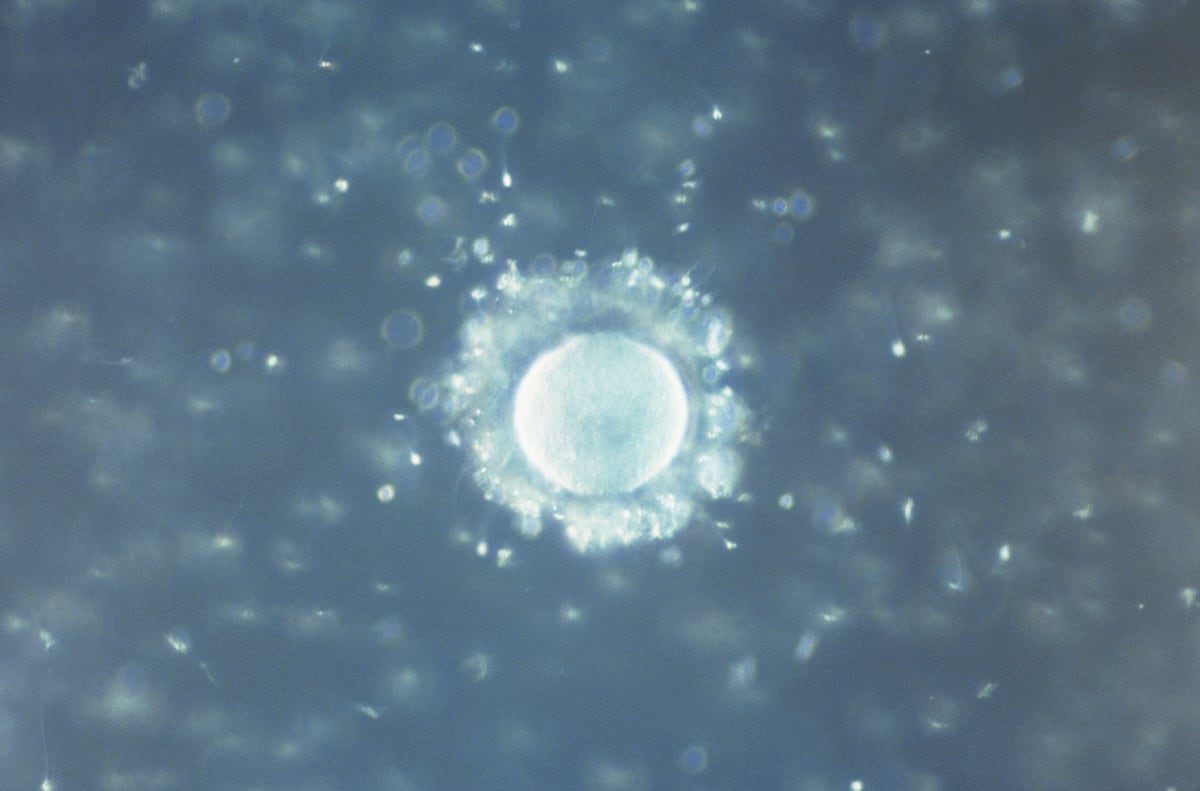
"Spanish researchers have confirmed that microplastics have infiltrated human reproductive fluids, notably in seminal plasma and follicular fluid, presenting unknown risks for fertility."
"69% of follicular fluid samples and 55% of semen samples tested contained detectable microplastics, indicating widespread contamination in reproductive environments."
"The entry routes for microplastics into the body include inhalation, ingestion, and absorption through the skin, all leading to the bloodstream."
"The presence of microplastics in reproductive fluids raises concerns, as their impact on sperm and oocytes, and subsequently on fertility, remains unknown."
Microplastics, resulting from decades of plastic pollution, have been found in human reproductive fluids, including the seminal plasma and follicular fluid. Spanish researchers identified multiple types of plastic in samples from fertility treatment, with 69% of follicular samples and 55% of semen samples showing contamination. The microplastics' impact on fertility, particularly on sperm and oocytes, is currently unknown. The researchers noted three entry routes for these plastic particles into the body: inhalation, ingestion, and skin absorption, all converging into the bloodstream.
Read at english.elpais.com
Unable to calculate read time
Collection
[
|
...
]